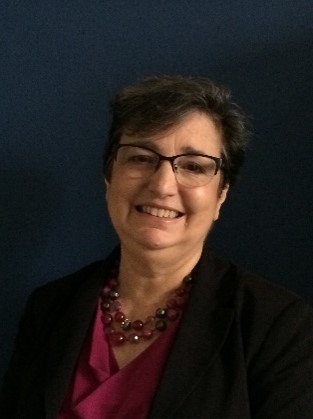
Date:
Location:
Speaker:
ABSTRACT:
Environmental contamination associated with mining and other industrial processes is often thought of as a legacy environmental issue. Superfund sites associated with organic contaminants and heavy metals were the focus of environmental remediation activities in the twentieth century. In this century, so-called “emerging contaminants” have captured the focus of the environmental community. Recently, concern over metal contaminants has highlighted the truth of metal contamination, namely, what may have seemed like a legacy issue remains a potential emerging concern for the future; metals may change their speciation, but cannot be destroyed. Indeed, the unique properties of metals make them valuable economic resources; demand is expected to grow in developing countries undergoing rapid industrialization and demand in developed countries will endure for the foreseeable future. Proper acquisition (e.g. mining), use, treatment, recycling and disposal of metal ions is necessary to minimize the environmental impacts of metals. In aquatic systems, the fate of metal ions is often controlled by their reactions with soil minerals, organic matter and other media within the system. Thus, it is essential to have at our disposal models that can be used to predict the interactions of metal ions with these media. This seminar will examine the potential of surface complexation models (SCMs) for predicting metal ion interactions with mineral oxide media and highlight applications for use of SCMs in predicting metal ion transport and in designing treatment and remediation strategies.
BIO:
Lynn E. Katz holds the Hussein M. Alharthy Centennial Chair in Civil Engineering at the University of Texas at Austin, serves as the Director of the Center for Water and the Environment at the University of Texas at Austin and is the Associate Director of the DOE-EFRC, Materials for Water and Energy Systems (MWET). She has over twenty-five years of experience examining reaction phenomena at interfaces and evaluating the impact of these processes on the fate and transport of organic and inorganic contaminants in the environment. Her research has involved both fundamental and applied studies in this field and has included the development of in-situ remediation and ex-situ treatment processes as well as development and application of mathematical models for predicting contaminant fate. She received her B.S.E in Environmental Engineering from Johns Hopkins University, and M.S. degrees in Environmental Engineering and Chemistry and a Ph.D. in Environmental Engineering from the University of Michigan.



